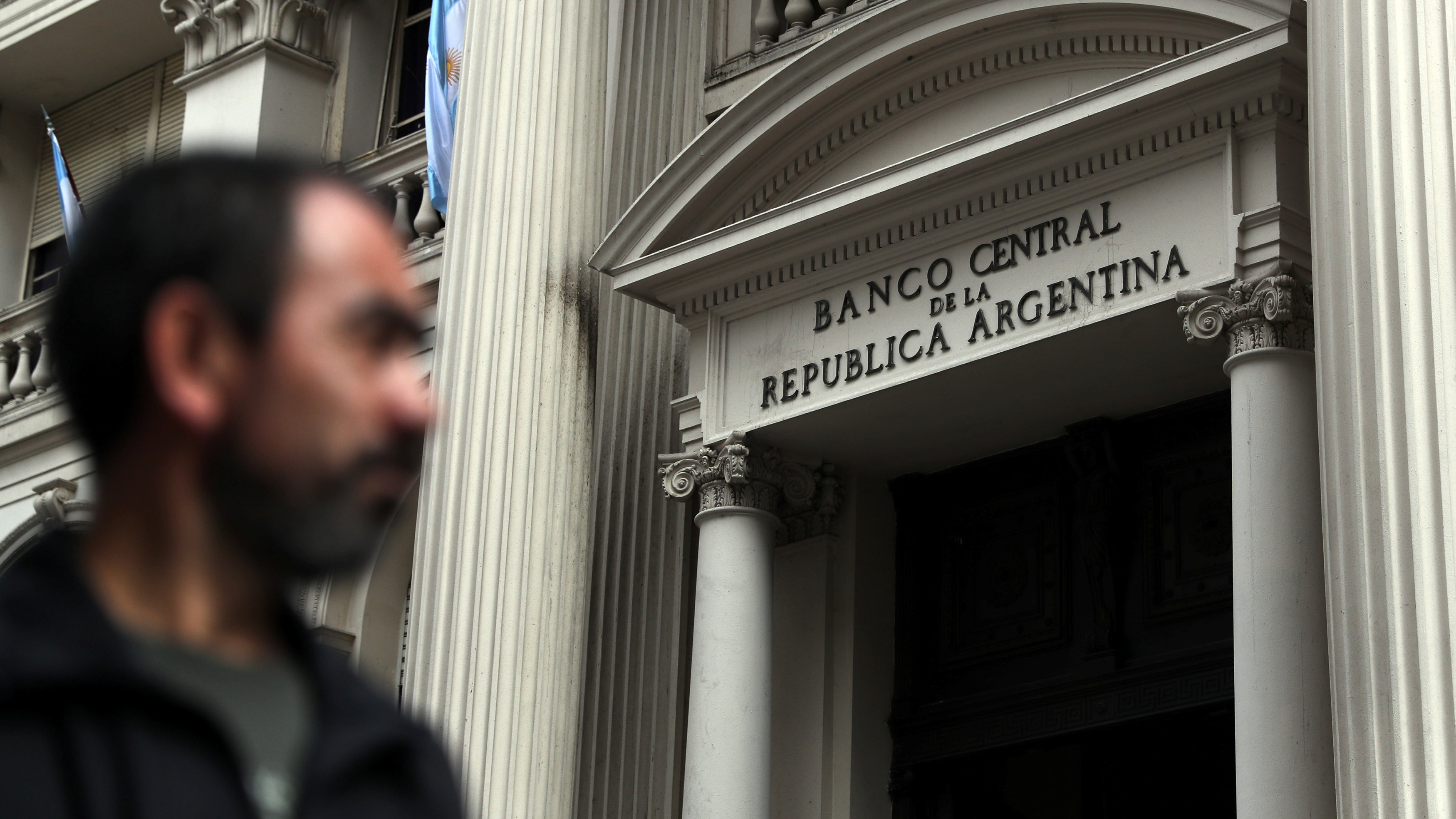

The International Monetary Fund said it will stand by Argentina after the government authorized currency controls on Sunday in an about-face by President Mauricio Macri, who had previously lifted many protectionist practices of his predecessor, Cristina Fernandez de Kirchner.
The government of President Macri imposed foreign-exchange controls on Argentine exporters at the end of a week of financial uncertainty that saw a huge depreciation in the value of the peso.
The central bank is now authorized to restrict purchases of dollars as it burns through its reserves in an effort to prop up the peso currency, the government said in a decree published in its official bulletin.
The measure means companies will need permission from the central bank to access the foreign exchange market to purchase foreign currency and make transfers abroad.
IMF stands with Argentine government
Hours after the decree was published, a spokesman for the IMF, with which Argentina has a 57-billion-U.S.-dollar standby agreement, said the IMF was analyzing Argentina's "capital flow management measures with the aim of protecting exchange rate stability and the savers."
"Staff will remain in close contact with the authorities in the period ahead and the Fund will continue to stand with Argentina during these challenging times," the spokesman said.

A man holds Argentine pesos. /Reuters Photo
Currency controls to calm market
Argentina has been in recession since 2018, and is battling rising unemployment and one of the world's highest inflation rates, running at more than 55 percent.
After opposition candidate Alberto Fernandez and Fernandez de Kirchner, who is now his vice presidential candidate, pulled off a stunning upset in the August 11 primary vote, bonds, stocks and the peso currency plummeted. Now Macri's government and the central bank are trying to stabilize the economy as the October 27 presidential election looms, for which Fernandez is now the front-runner.
The central bank has burned through nearly one billion U.S. dollars in reserves since Wednesday in an effort to prop up the peso. But the intervention did not have the desired impact and risk spreads blew out to levels not seen since 2005, while the local peso currency extended its year-to-date swoon to 36 percent.
The central bank said in a statement that the measure did not limit people from withdrawing dollars from their accounts. It does, however, restrict people from buying more than 10,000 U.S. dollars a month, or making transfers exceeding that amount per month.
It also requires exporters to liquidate their foreign exchange earnings in the local market under deadlines. Companies will not be permitted to stockpile dollars, the bank said.
(With input from Reuters)

Copyright © 2018 CGTN. Beijing ICP prepared NO.16065310-3
Copyright © 2018 CGTN. Beijing ICP prepared NO.16065310-3